THE JOHN SNOW MEMORANDUM
Severe acute respiratory syndrome coronavirus 2 (SARS-CoV-2) has infected more than 35 million people globally, with more than 1 million deaths recorded by the World Health Organization as of Oct 12, 2020. As a second wave of COVID-19 affects Europe, and with winter approaching, we need clear communication about the risks posed by COVID-19 and effective strategies to combat them. Here, we share our view of the current evidence-based consensus on COVID-19.
SARS-CoV-2 spreads through contact (via larger droplets and aerosols), and longer-range transmission via aerosols, especially in conditions where ventilation is poor. Its high infectivity(1) combined with the susceptibility of unexposed populations to a new virus, creates conditions for rapid community spread. The infection fatality rate of COVID-19 is several-fold higher than that of seasonal influenza(2) and infection can lead to persisting illness, including in young, previously healthy people (ie, long COVID(3)). It is unclear how long protective immunity lasts(4) and, like other seasonal coronaviruses, SARS-CoV-2 is capable of re-infecting people who have already had the disease, but the frequency of re-infection is unknown(5). Transmission of the virus can be mitigated through physical distancing, use of face coverings, hand and respiratory hygiene, and by avoiding crowds and poorly ventilated spaces. Rapid testing, contact tracing, and isolation are also critical to controlling transmission. The World Health Organization has been advocating for these measures since early in the pandemic.
In the initial phase of the pandemic, many countries instituted lockdowns (general population restrictions, including orders to stay at home and work from home) to slow the rapid spread of the virus. This was essential to reduce mortality(6),(7) prevent health-care services from being overwhelmed, and buy time to set up pandemic response systems to suppress transmission following lockdown. Although lockdowns have been disruptive, substantially affecting mental and physical health, and harming the economy, these effects have often been worse in countries that were not able to use the time during and after lockdown to establish effective pandemic control systems. In the absence of adequate provisions to manage the pandemic and its societal impacts, these countries have faced continuing restrictions.
This has understandably led to widespread demoralisation and diminishing trust. The arrival of a second wave and the realisation of the challenges ahead has led to renewed interest in a so-called herd immunity approach, which suggests allowing a large uncontrolled outbreak in the low-risk population while protecting the vulnerable. Proponents suggest this would lead to the development of infection-acquired population immunity in the low-risk population, which will eventually protect the vulnerable. This is a dangerous fallacy unsupported by scientific evidence.
Any pandemic management strategy relying upon immunity from natural infections for COVID-19 is flawed. Uncontrolled transmission in younger people risks significant morbidity(3) and mortality across the whole population. In addition to the human cost, this would impact the workforce as a whole and overwhelm the ability of healthcare systems to provide acute and routine care.
Furthermore, there is no evidence for lasting protective immunity to SARS-CoV-2 following natural infection(4) and the endemic transmission that would be the consequence of waning immunity would present a risk to vulnerable populations for the indefinite future. Such a strategy would not end the COVID-19 pandemic but result in recurrent epidemics, as was the case with numerous infectious diseases before the advent of vaccination. It would also place an unacceptable burden on the economy and healthcare workers, many of whom have died from COVID-19 or experienced trauma as a result of having to practise disaster medicine. Additionally, we still do not understand who might suffer from long COVID(3). Defining who is vulnerable is complex, but even if we consider those at risk of severe illness, the proportion of vulnerable people constitute as much as 30% of the population in some regions(8). Prolonged isolation of large swathes of the population is practically impossible and highly unethical. Empirical evidence from many countries shows that it is not feasible to restrict uncontrolled outbreaks to particular sections of society. Such an approach also risks further exacerbating the socioeconomic inequities and structural discriminations already laid bare by the pandemic. Special efforts to protect the most vulnerable are essential but must go hand-in-hand with multi-pronged population-level strategies.
Once again, we face rapidly accelerating increase in COVID-19 cases across much of Europe, the USA, and many other countries across the world. It is critical to act decisively and urgently. Effective measures that suppress and control transmission need to be implemented widely, and they must be supported by financial and social programmes that encourage community responses and address the inequities that have been amplified by the pandemic. Continuing restrictions will probably be required in the short term, to reduce transmission and fix ineffective pandemic response systems, in order to prevent future lockdowns. The purpose of these restrictions is to effectively suppress SARS-CoV-2 infections to low levels that allow rapid detection of localised outbreaks and rapid response through efficient and comprehensive find, test, trace, isolate, and support systems so life can return to near-normal without the need for generalised restrictions. Protecting our economies is inextricably tied to controlling COVID-19. We must protect our workforce and avoid long-term uncertainty.
Japan, Vietnam, and New Zealand, to name a few countries, have shown that robust public health responses can control transmission, allowing life to return to near-normal, and there are many such success stories. The evidence is very clear: controlling community spread of COVID-19 is the best way to protect our societies and economies until safe and effective vaccines and therapeutics arrive within the coming months.
We cannot afford distractions that undermine an effective response; it is essential that we act urgently based on the evidence.
To support this call for action, sign the John Snow Memorandum.
The John Snow Memorandum was originally published in The Lancet on 14 October 2020 .













































